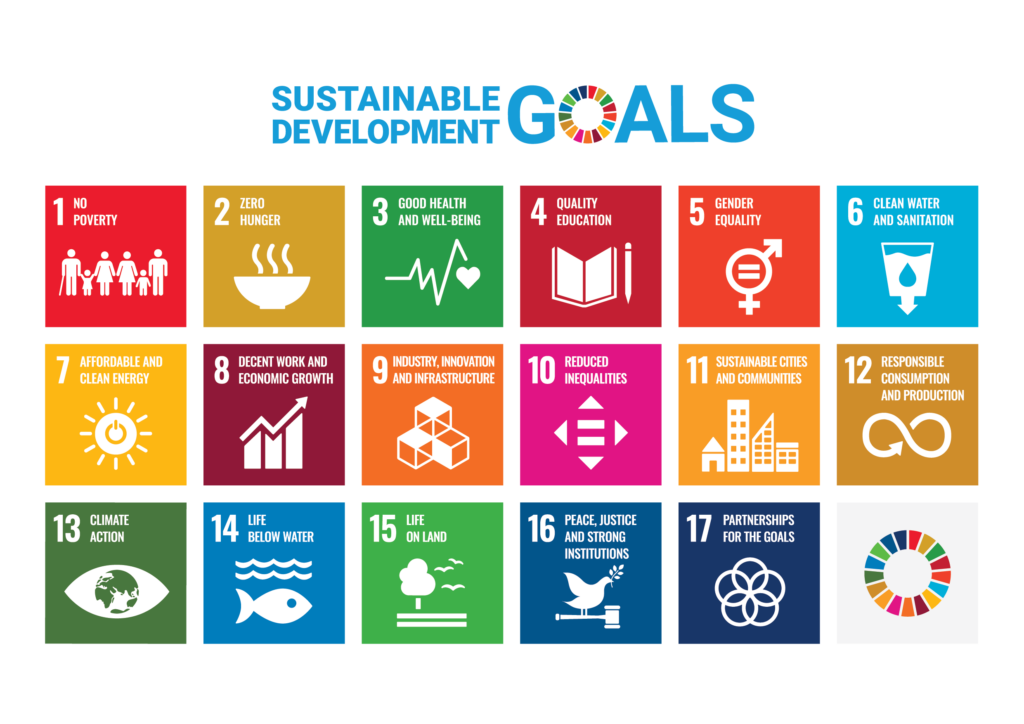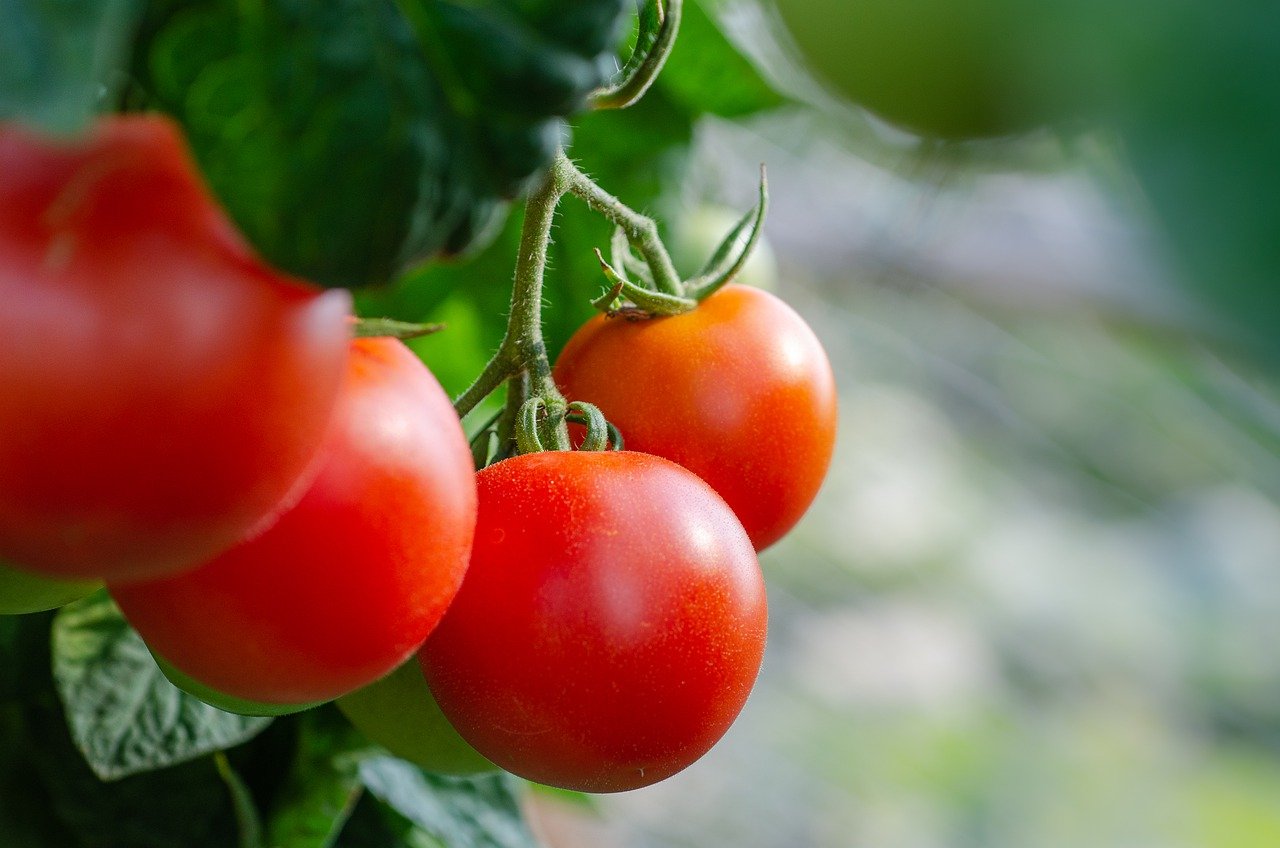Written by: Dr. Jeyanny Vijayanathan
The COVID-19 pandemic swept the world without a warning, disrupting many industries and food supply chains, hampering economic growth, increasing poverty, affecting food security of many nations, including vulnerable smallholders and rural farmers.
Malaysia was not left out of the crisis as she is dependent on other countries on food imports and exports. The grim past reality is still vivid, where long queues at supermarkets were complimented with empty shelves and the masses hoarding essential food supplies during the movement control order (MCO), causing distress and fear, besides the anxiety of contracting the COVID-19 virus. During the same period, farmers had to dispose of their harvest due to the disruption in logistics support that crippled the food supply chain. Nevertheless, each country has its own narrative, and the first logical step that any country would do is to halt food supplies exports to be self-sustaining in terms of food supplies.
Malaysia has yet to achieve self-sufficiency in the essential food category based on the 2019 statistics, with self-sufficiency in rice at 70 percent, vegetables at 46 percent, beef at 23 percent, mutton at 11 percent, fresh milk at 61 percent, dairy products at 5 percent, and fruits at 79 percent. In 2018, our food imports were a whopping RM 54 billion. Food imports are done for a host of reasons; either to source food that does not exist in one country’s borders, to satiate the changing appetites of consumers, and to acquire quality raw materials for local food productions that are reasonably priced.
Thus, it is time to rethink the strategies towards improving the food security of the nation in line with the Sustainable Development Goals (SDGs) as outlined by the United Nations. Some of the key takeaways from the SDGs that requires a further transformation in terms of food security area are to reduce poverty, achieve zero hunger, supply clean water and sanitization, enable sustainable cities and communities, cultivate responsible consumption and production, climate action, sustain life below water, life on land and develop partnerships for the above -mentioned goals.

Malaysia has fared well in the 2019 Global Food Security Index, ranking 28th out of 113 countries for food security compared to its neighboring countries such as Thailand, Myanmar, and Vietnam. Nevertheless, the current unprecedented period calls for revolutionary approaches in providing stable food production, sustainability, and accessibility for consumption. Some of the approaches to be considered are as follows:
Supporting Local Agricultural Products
Support local farmers and business holders to alleviate the dependency on imported food products (i.e. dairy, poultry, vegetables, and fruits). Replace your need for wheat with foods that are homegrown such as rice and corn. Consuming local tropical fruits (i.e. papayas and bananas) instead of peaches and blueberries.
Urban Gardening
Self-sustenance starts at home. Try your skills at utilizing small spaces within your homes for growing vegetables, fruits, and herbs. Explore do-it-yourself (DIY) videos and read on how you can plant chilies, tomatoes, herbs, small fruits within confined spaces using soilless culture, vertical gardening, pergolas, and self-made composts. Resources are plenty on the internet.
National Food Security Policy
The announcement by the Ministry of Agriculture & Food Industry on this policy was forthcoming. The pandemic has shown how vulnerable our food supplies became and the repercussions were disruptive. The policy envisions stability, availability, accessibility, safety, and affordability of food supplies at all times. This complements the National Agriculture Policy.
Crop/Tree/Livestock Diversification
In view of the depleting natural resources (i.e. land and forest), scientists and farmers should move towards agroforestry or plant diversification practices within an area. Intercropping trees and agricultural crops such as rubber and cacao or coffee will supplement continual income for farmers. Besides, intercropping has other benefits, such as improving soil nutrient status, evading host-specific pests and pathogens. The introduction of lesser-known superfood crops (i.e. figs, gac fruits, Moringa, etc.), livestock systems, and indigenous timber species will lead to multiple benefits as an agro-ecological zone for food security.
Smart Strategic Investments & Partnerships
As the world looks up to fighting climate change, desertification, and utilization of degraded lands, practical and viable measures are called for. It is time for farmers, scientists, stakeholders, and funders to work hand in hand in improving food security. Food security can be achieved via the utilization of the latest state of the art technologies such as the internet of things (IoT) and blockchain technology. These suites of technologies allow farm monitoring, precision farming according to site suitability; enhance agriculture supply chain besides improving farmers’ literacy in using smart tools. Expansion of research and development throughout the decades have formulated good management practices, crop improvement techniques for yield profitability, and pest and disease resistance.
The current consumer market advocates sustainably sourced food, and this resonates with efforts implemented in lowering greenhouse gas emissions (i.e. carbon dioxide, methane, nitrous oxide) from agricultural farms, product traceability, and harmonization of environmental governance with agricultural productivity.
The present food sector requires rebranding, modernization and must be commercially adaptable to e-commerce platforms and farmers’ markets that, in return, reduce dependencies on intermediaries. Agricultural businesses must be promoted to the agile younger generations. They may foresee transformations in the agricultural sectors, especially in concept, management and utilization of appropriate technologies as aforementioned for advancements. The utilization of renewable energy, mobile apps, and blockchain technology in agriculture has commendable potential in the near future.
The Asia Pacific region is the largest producer of agricultural and fish commodities. It is anticipated to account for 51 percent of global agriculture and fish output by 2029. Production is projected to expand by 14 percent by 2029 compared to the 2017-2019 base level. The growing population and diet preferences will continue to drive food supply demands, but the disruptive factors, both natural and anthropogenic, need to be addressed to strike a balance between people, planet, and profits to ensure food security in a changing world.
Dr. Jeyanny Vijayanathan is a Research Officer at the Forest Research Institute Malaysia (FRIM)







